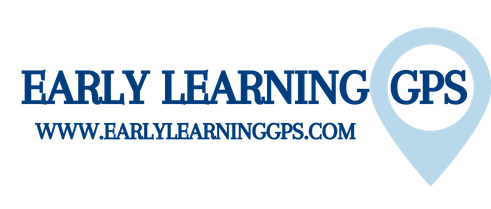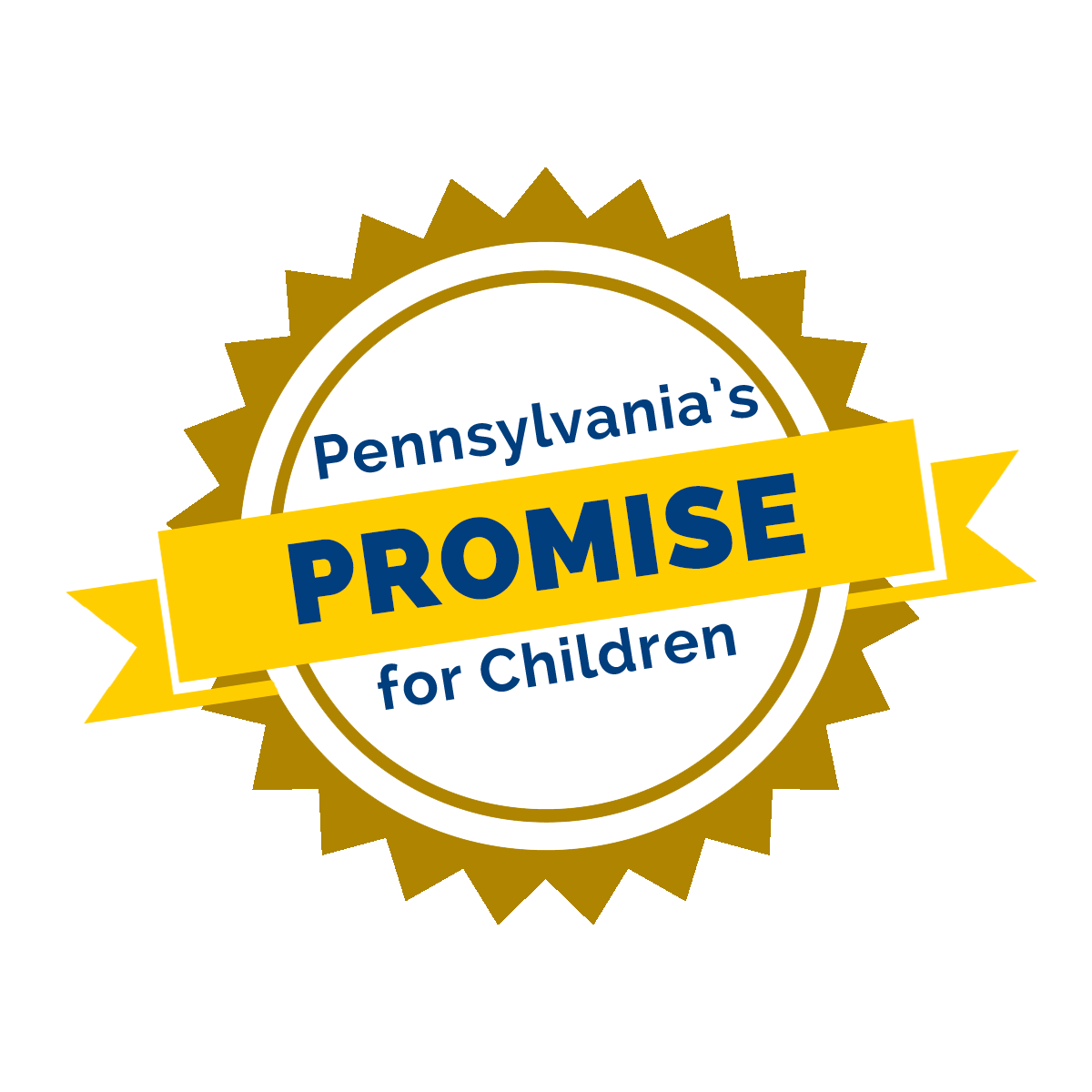
The following resources can help you find information that relate to:
- Your Child’s Brain
- Your Child’s Development
- You and Your Child
- When Your Child is Not With You
Your Child's Brain
Resource: To get started, visit the ZERO TO THREE website, then select an age range from the pull-down menu and click on it. Depending on the age range, different hotspots on the brain will appear. Click on a hotspot to reveal questions to find out how a baby’s brain develops during this period of brain growth. You’ll also learn what you can do to enrich a very young child’s development.
Resource: This addresses problems or discomfort when breastfeeding, how to breastfeed, how to use a breast pump, and when to start baby on solid foods.
Resource: There are many factors that can influence the development of a baby during pregnancy and after birth. Until recently researchers knew little about the relationship between an pregnant mom’s mental health and how her baby’s brain would develop after it was born.
Resource: Includes articles, tips, recipes and videos to provide healthy nutrition for your child.
Resource: The Early Learning Standards provide information about what children usually know or are able to do within specific age ranges. There are also examples of specific ways a child may show adults what he/she knows or is able to do. Also provided are ways families can encourage and support their child in learning.
Your Child's Development
Resource: This Early Intervention child find and family information brochure is a statewide public awareness document utilized by all Infant/Toddler and Preschool Early Intervention Programs. The brochure includes common language to describe Early Intervention so parents know that their child receives Early Intervention services regardless of where they live throughout the state. The brochure can be used for families, early care and education agencies providers, physicians, child find activities, etc.
Resource: Help your child learn with everyday activities to do with your child using every day items. Check out different themed early learning activities. There’s even a list of books that match the theme.
Resource: The Parenting Counts Timeline offers access to research-based information about your child’s development from birth to five.
Resource: One of the most important things you can do as a parent or caregiver is to learn the early signs of autism and become familiar with the typical developmental milestones that your child should be reaching.
Resource: This is designed around the key learning areas in Pennsylvania’s learning standards for early childhood. It helps build skills in the areas of social, emotional, physical and academic development.
You and Your Child
Resource: Research has shown that striking a child, yelling at or shaming them can elevate stress hormones and lead to changes to a child’s brain. Harsh verbal abuse is also linked to mental health problems as children get older. Find suggestions for other methods to teach children right from wrong that are safer and more effective.
Resource: In this podcast, Dr. Pam High offers insight into one of the most distressing challenges experienced by many new parents—coping with their babies’ fussiness and crying.
Resource: Provides the basics of sign language to share with your baby with videos and flash cards.
Resource: Provides free bilingual (English/Spanish) multimedia tools for families with young children (ages 3–8) who have an incarcerated parent, including A Guide for Parents and Caregivers, a Children’s Storybook, and a new Sesame Street video; an Incarcerated Parent Tip Sheet; and the Sesame Street: Incarceration mobile app
Resource: What do sleepy babies, tired toddlers, yawning preschoolers, and cranky kindergartners have in common? They might not want to go to sleep at bedtime! Get tips and resources to help your child sleep.
When Your Child is Not With You
Resource: Let’s face it: Screens are everywhere. Your little one is probably going to spend some time looking at one, so make sure his or her screen time is as productive as possible.
Resource: You want your child to be safe and secure when you enroll them in a daycare, child care or early learning program. Checking on who inspects the program is a good start. Learn more.
Resource: Let’s face it– trying to find child care can be hard. You want your child in a quality child care or early learning program. What do you look for so your child will be safe, happy and learning?
Resource: Hub for information related to child protection and child abuse, including a link for mandated reporters to make reports of suspected child abuse.
Resource: Searchable directory of offenders of certain criminal acts in Pennsylvania.
